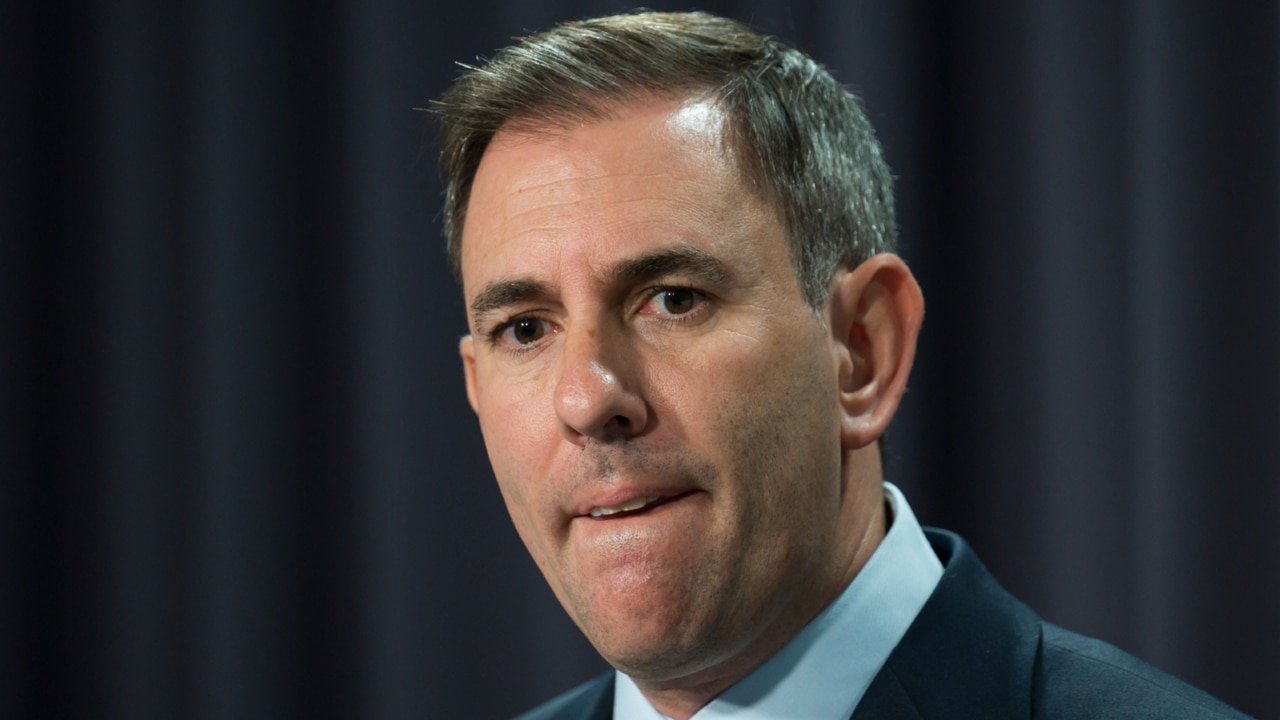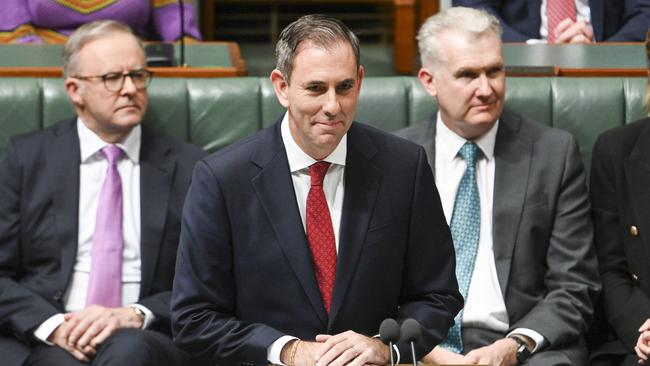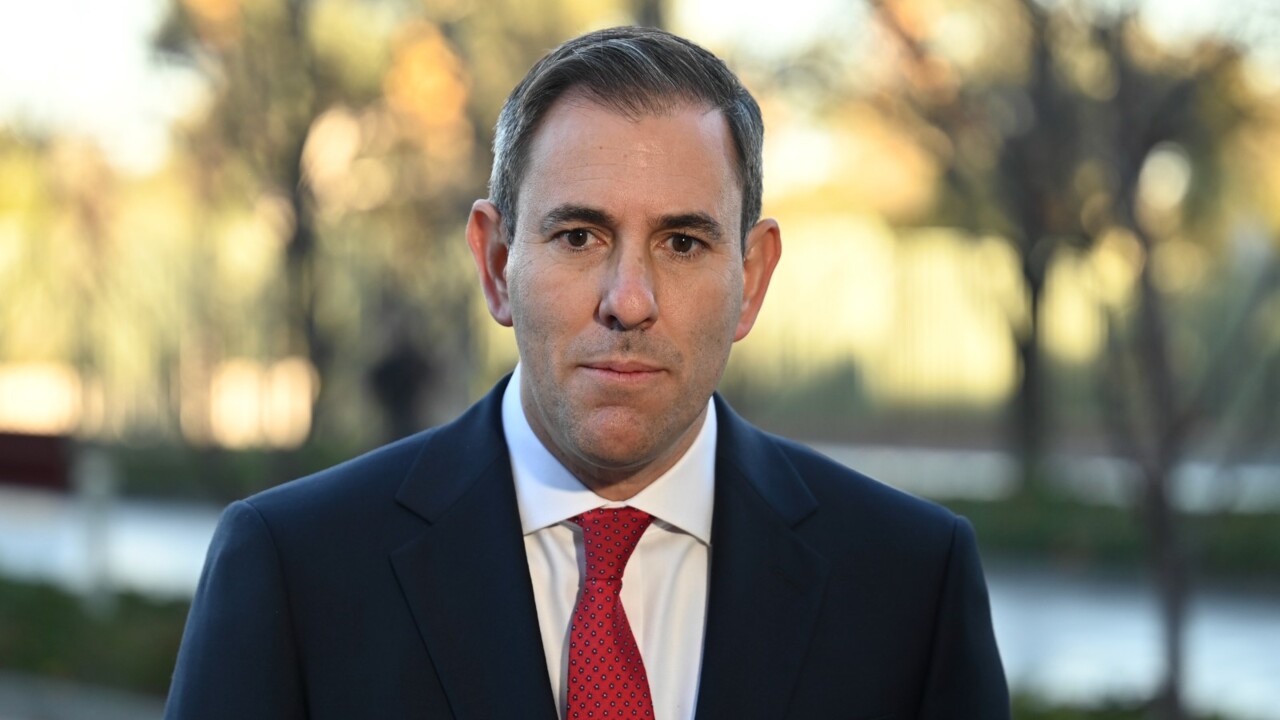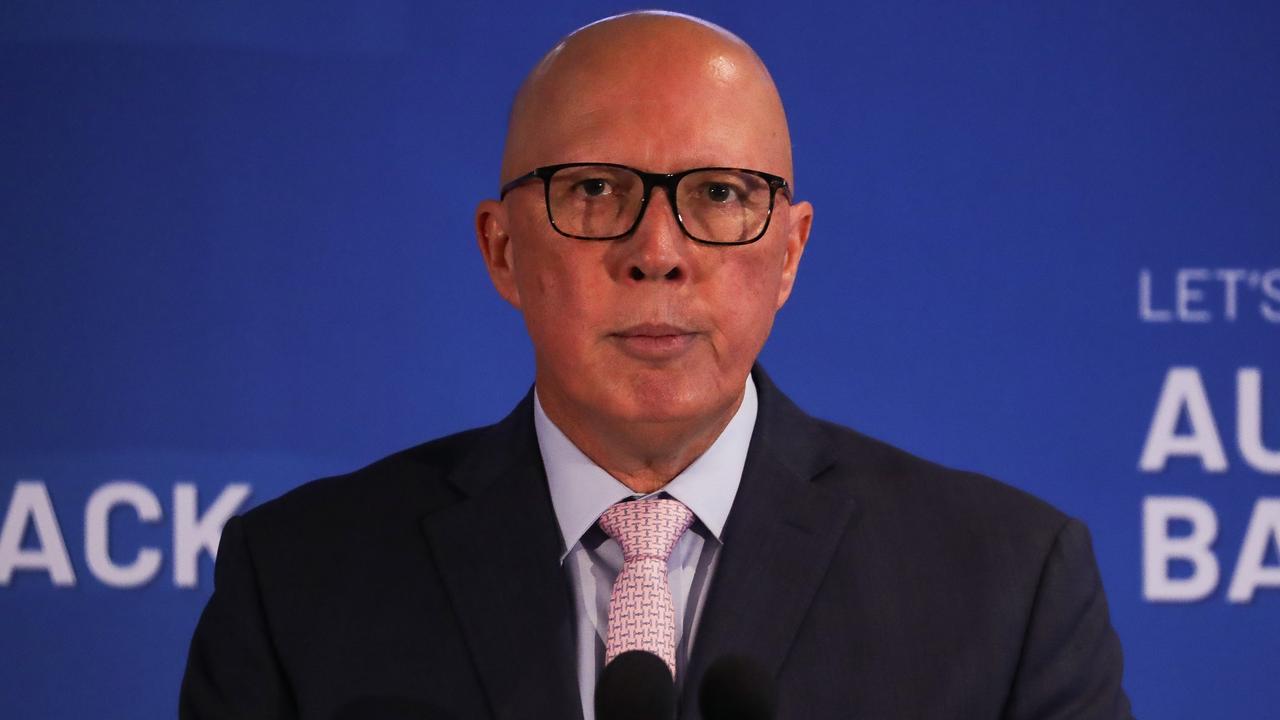Opinion: Election budget has something for everyone
With an eye to the next election, Jim Chalmers delivered a budget with something for virtually every demographic, writes Paul Williams.

Federal Budget
Don't miss out on the headlines from Federal Budget. Followed categories will be added to My News.
Do governments receive public opinion poll surges from good budgets?
The received wisdom is they don’t, simply because voters expect governments to deliver good economic management without further reward.
But that’s not always the case. The Abbott government scored a budget bounce in 2015 and immediately improved its primary vote by about five points. The Morrison Coalition saw its own, albeit smaller, bounce in 2019.
The key question, then, is will the Albanese government’s third budget ensure Labor is returned with its parliamentary majority intact?
And “majority” is the critical word, because no one outside rusted-on Coalition voters expects the Dutton-led Liberal National Party Coalition – needing 21 seats to form its own majority – to win the next election, due next May. Even some party members hold little hope. But there’s a real possibility Labor could lose at least three seats, and its majority, with even a tiny swing, and force it to govern with Green and Teal support.

Labor for a while now has been fighting elections on two fronts. Since the 1990s it has fought to keep outer suburban and regional blue-collar men from switching to the Coalition and Pauline Hanson’s One Nation. More recently, it’s working to keep urban white-collar women (and younger) voters from switching to the Greens and Teals. Despite Labor’s victory in 2022, it’s clear Albo is still losing on each front.
The Coalition has its own problems: the National Party’s farming base is shrinking (with many regional voters also moving to One Nation, Jacqui Lambie or other populists), while much of the urban white-collar middle class has deserted the Liberals for Labor, the Greens or the Teals.
The point is that electorates are becoming increasingly fractured, with parties forced to sew together coalitions of sometimes very disparate constituencies just to stay viable. And Tuesday night’s budget is a textbook example of an “electoral” budget (I reject the adjective “political” because all budgets are “political”) designed to rein in wandering constituencies.
Treasurer Jim Chalmers on Tuesday night confidently – with his Prime Minister proudly smiling behind him – delivered a budget that ticked virtually every box with an offering to virtually every demographic.
Beginning his speech with an acknowledgment of the core issues that can terminate even the best government – inflation, energy, housing, Medicare – Chalmers served up goodies for both a regional working class and an urban middle class. Despite spending more than $700bn over the coming year, Chalmers still delivered a $9.3bn surplus – his second in a row – with deficits thereafter.
That point alone is critical: federal Labor almost always struggles to establish credentials as sound economic managers. Only the Hawke and Keating years reversed that narrative. Worse, Labor is usually clumsy in selling its own economic success. Why didn’t Labor do more, for example, to remind voters the Rudd government saved Australia from a recession during the global financial crisis? And why isn’t Albanese reminding us more often that twice as many jobs are being created under his watch than under Morrison’s?

With an election just 12 months away, the Albanese government – recently accused of losing traction and spinning its wheels as an aggressive Peter Dutton closes in – desperately needed some colourful victory flags to nail to its masthead.
A budget surplus, a $300 power bill rebate, and tax cuts for every Australian from July 1 are nailed the highest, but up and down the mast we see the other flags – the specific constituency flags – that form the stitching to (very likely) hold Labor’s majority together.
Whether you’re a pensioner or a student, a low-paid urban worker (think aged and childcare industries), a small business owner or a farmer, there’s something for you. And whether you’re a hawk on defence and national security or a social justice dove campaigning for rent relief, this budget says Albo is listening to you.
More to the point, many of the fiscal levers Chalmers has pulled will have an immediate and pragmatic benefit. Paying nursing and education students (who usually forgo wages) to undertake mandatory practicums is a no-brainer.
This is a good budget, but can it win an election that could very well be called later this year? It’s too early to tell. But we do know Morrison’s small budget bounce saved his government, but Abbott’s surge failed his.
Economics offers certainty but politics does not.
Originally published as Opinion: Election budget has something for everyone




